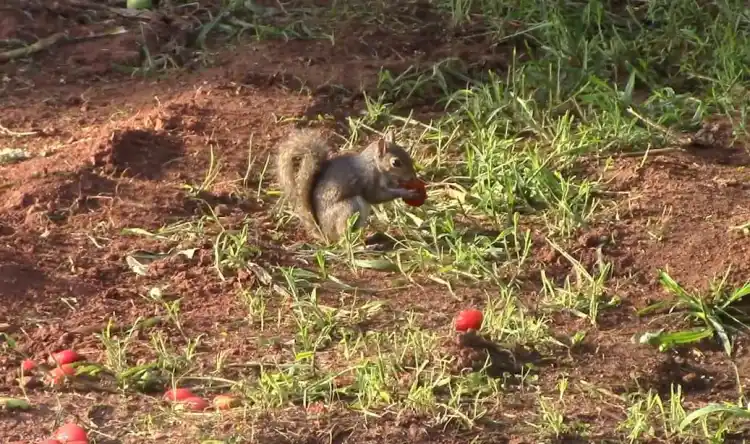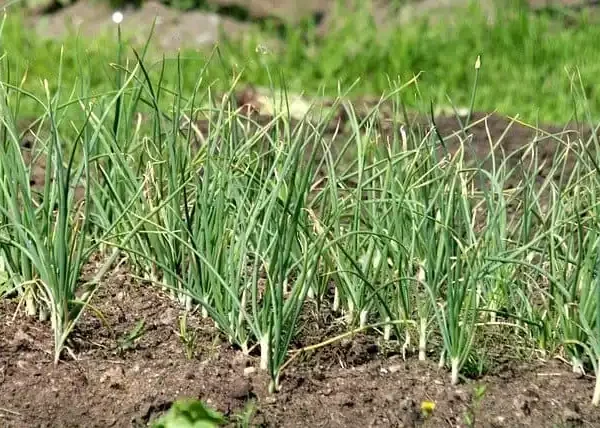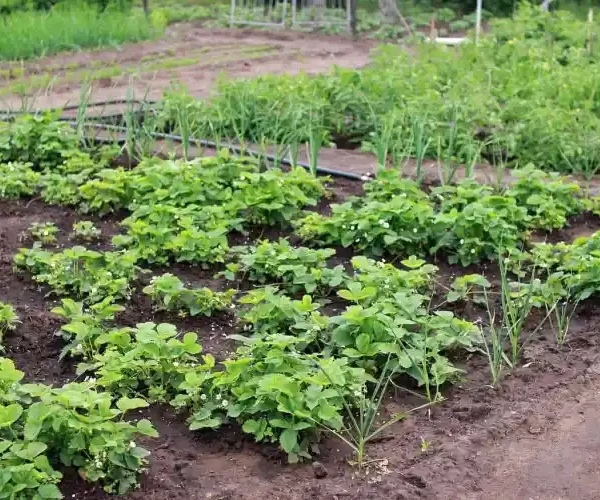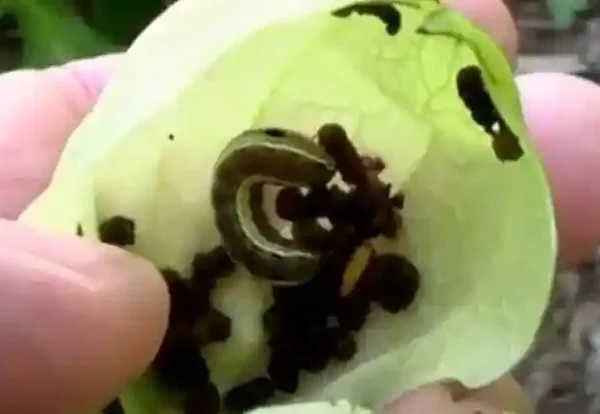Understanding the Behavior of Squirrels
Foraging Habits and Preferences
Squirrels are opportunistic feeders with a voracious appetite for nuts, seeds, fruits, and vegetables. They are known to raid bird feeders, dig up bulbs, and gnaw on tree bark, causing damage to gardens and landscapes.
Challenges of Squirrel Control
Controlling squirrel populations can be challenging, as these agile creatures are adept climbers and can access even seemingly secure areas. Traditional deterrent methods such as traps or chemical repellents may be ineffective or impractical for homeowners.
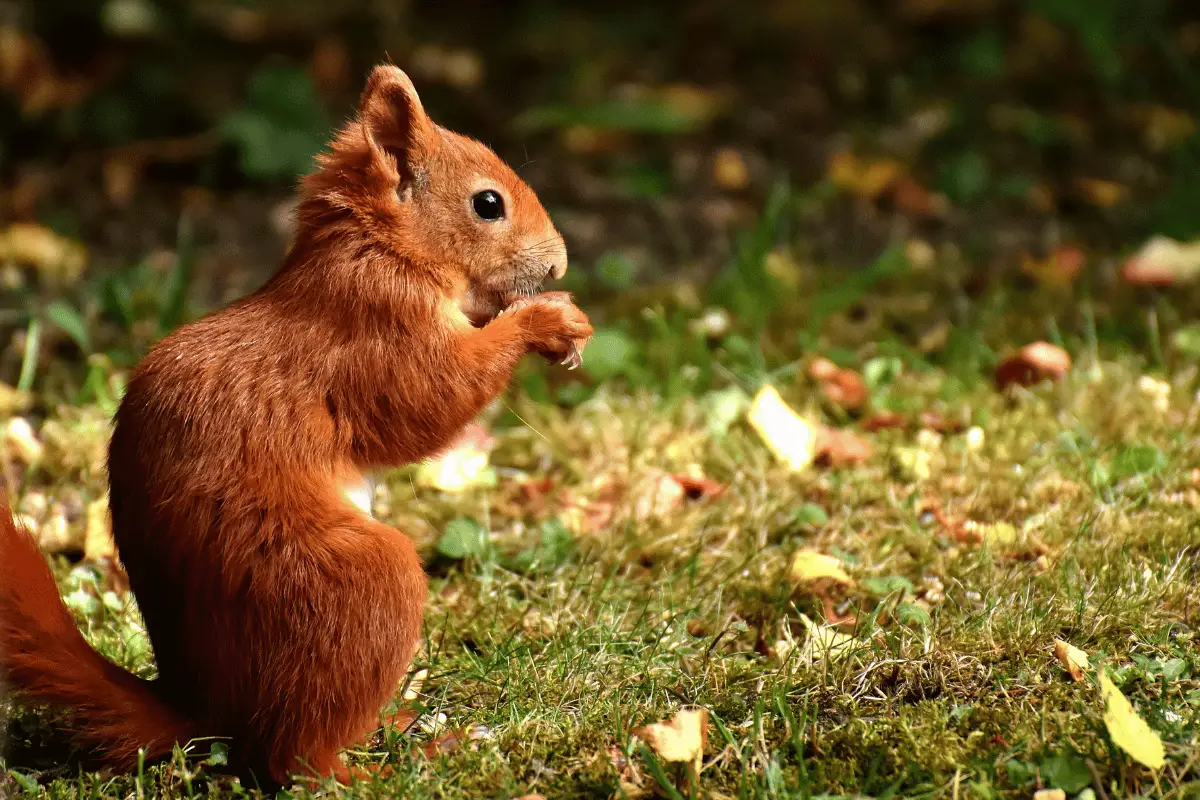
Exploring the Use of Coffee Grounds as a Squirrel Repellent
The Theory Behind Coffee Grounds
Coffee grounds are often touted as a natural deterrent for squirrels due to their strong aroma and abrasive texture. It is believed that the scent of coffee may confuse or repel squirrels, preventing them from entering gardens or nesting in unwanted areas.
Scientific Evidence and Expert Opinions
While anecdotal evidence suggests that coffee grounds may have some deterrent effect on squirrels, scientific studies on the topic are limited. Horticultural experts caution that the effectiveness of coffee grounds as a squirrel repellent may vary depending on factors such as squirrel species, local environment, and individual behavior.
Practical Considerations
When using coffee grounds to deter squirrels, it is important to apply them strategically and consistently. Ground coffee can be sprinkled around the perimeter of gardens, flower beds, or bird feeders to create a barrier. Alternatively, used coffee grounds can be mixed with soil or compost to enrich garden beds while potentially deterring squirrels.
Alternative Methods for Squirrel Control
Physical Barriers
Installing physical barriers such as wire mesh, netting, or baffles can help prevent squirrels from accessing bird feeders or vulnerable garden areas. These barriers should be installed securely and regularly inspected for signs of damage or wear.
Natural Repellents
Some homeowners experiment with natural repellents such as cayenne pepper, garlic, or predator urine to deter squirrels. While these methods may have varying degrees of success, their effectiveness can be inconsistent and may require frequent reapplication.
Habitat Modification
Modifying the habitat to make it less attractive to squirrels can also help reduce encounters with these pests. This may include pruning trees and shrubs to remove potential nesting sites, securing garbage cans and compost bins, and eliminating food sources such as fallen fruit or seeds.
Conclusion: Coffee Grounds and Squirrel Deterrence
In conclusion, while coffee grounds may offer some potential as a natural squirrel repellent, their effectiveness remains uncertain. Homeowners interested in using coffee grounds should approach the method with realistic expectations and be prepared to explore alternative control measures if needed. Consulting with horticultural experts or wildlife professionals can provide valuable insights and guidance tailored to specific squirrel control challenges. Ultimately, a multi-faceted approach combining deterrent methods, habitat modification, and ongoing vigilance is key to managing squirrel populations effectively and maintaining a harmonious coexistence with these curious creatures.
Are coffee grounds effective in keeping squirrels away from gardens and bird feeders?
While some people claim success with using coffee grounds to deter squirrels, scientific evidence on its effectiveness is limited. Squirrels may be deterred by the strong aroma and abrasive texture of coffee grounds, but results can vary.
How do coffee grounds deter squirrels?
Coffee grounds are believed to repel squirrels due to their strong scent and rough texture. The smell of coffee may confuse or deter squirrels, while the texture of the grounds can be uncomfortable for them to walk on.
Can I use both fresh and used coffee grounds to repel squirrels?
Both fresh and used coffee grounds can potentially deter squirrels, as they both contain caffeine and retain some of the coffee’s aroma. However, used grounds may be less potent in scent and may need to be replenished more frequently.
Do I need to reapply coffee grounds regularly to maintain their effectiveness?
Coffee grounds may lose their potency over time as they decompose and lose their scent. Therefore, it may be necessary to reapply them periodically, especially after heavy rain or if they become diluted or scattered.
Are there any risks or drawbacks associated with using coffee grounds as a squirrel deterrent?
While coffee grounds are generally safe for plants and the environment, using excessive amounts or applying them too close to sensitive plants may have negative effects. Additionally, coffee grounds may attract other pests such as ants or raccoons.
Will coffee grounds harm plants or soil if used as a repellent?
Coffee grounds are acidic and can alter the pH of soil over time, which may affect certain plants. It’s recommended to use coffee grounds sparingly and mix them with compost or soil to mitigate any potential negative effects.
Can coffee grounds attract other pests or wildlife to my garden?
Coffee grounds may attract other pests such as ants, slugs, or raccoons, especially if left in large piles or if mixed with food scraps. To minimize attraction to pests, it’s best to incorporate coffee grounds into the soil or use them in conjunction with other repellent methods.
Are there any specific types of coffee or coffee grounds that are more effective for deterring squirrels?
Dark roast coffee grounds may have a stronger aroma than lighter roasts, potentially making them more effective as a squirrel deterrent. However, any type of coffee grounds can be used, and effectiveness may vary depending on individual factors.
Do coffee grounds have any additional benefits for plants or gardens besides deterring squirrels?
Coffee grounds can enrich the soil with organic matter and essential nutrients such as nitrogen, potassium, and phosphorus. When used in moderation, coffee grounds can improve soil structure, promote microbial activity, and enhance plant growth.
How should I apply coffee grounds to effectively repel squirrels from my outdoor space?
To use coffee grounds as a squirrel deterrent, sprinkle them around the perimeter of gardens, flower beds, or bird feeders. You can also mix coffee grounds with soil or compost and apply them as a mulch. Reapply as needed to maintain effectiveness.
- Rhode Island’s Favorite THC Infused Beverages - June 5, 2025
- THC Soda and Drink Options in Idaho - May 28, 2025
- Ohio’s Go-To THC Infused Beverages - May 28, 2025

